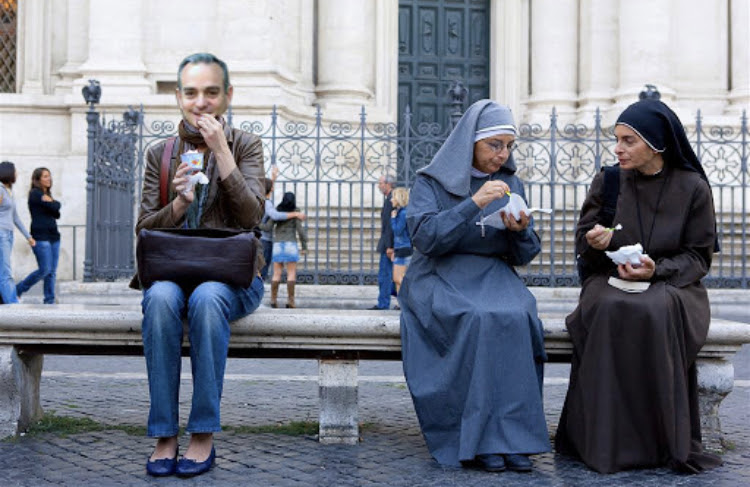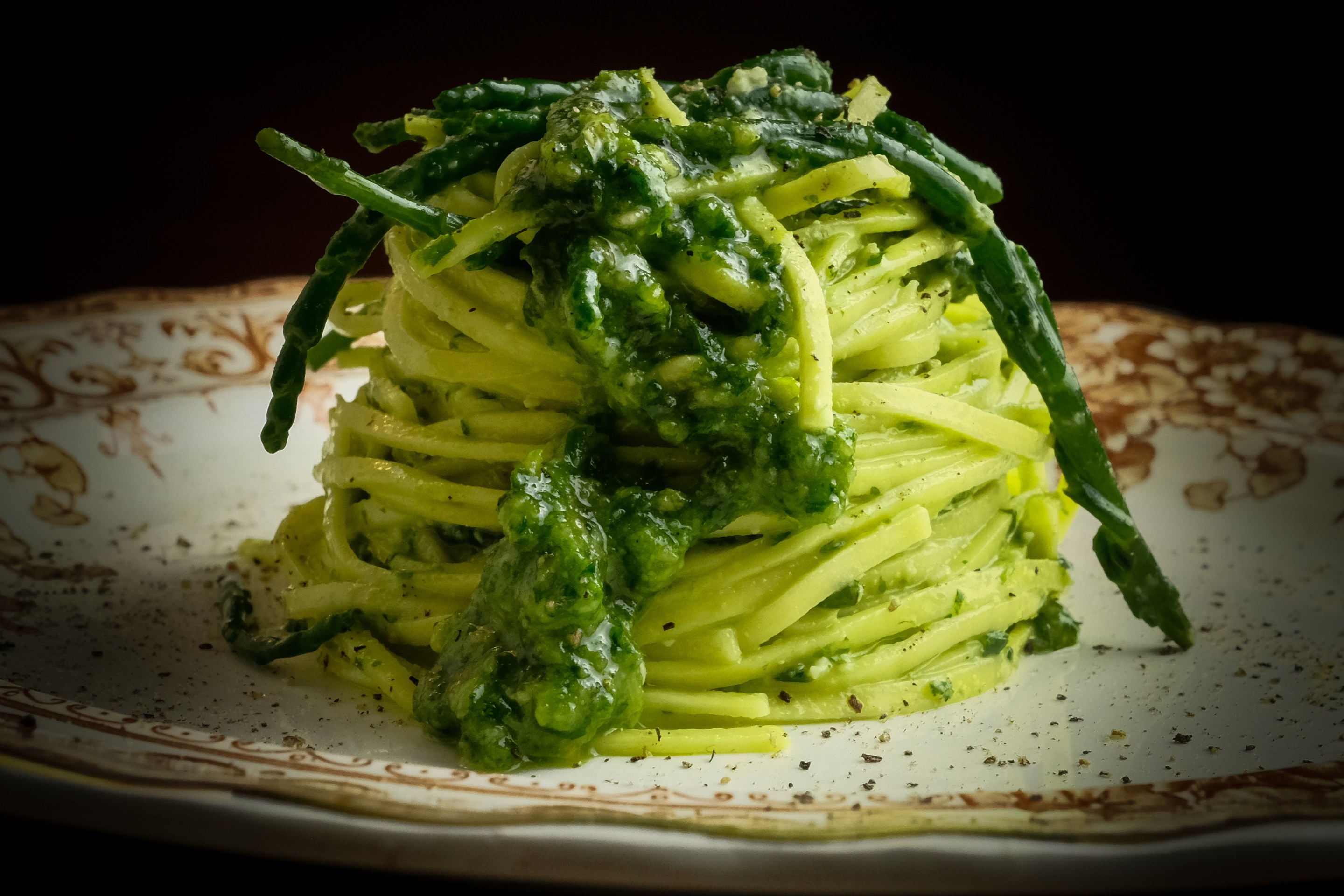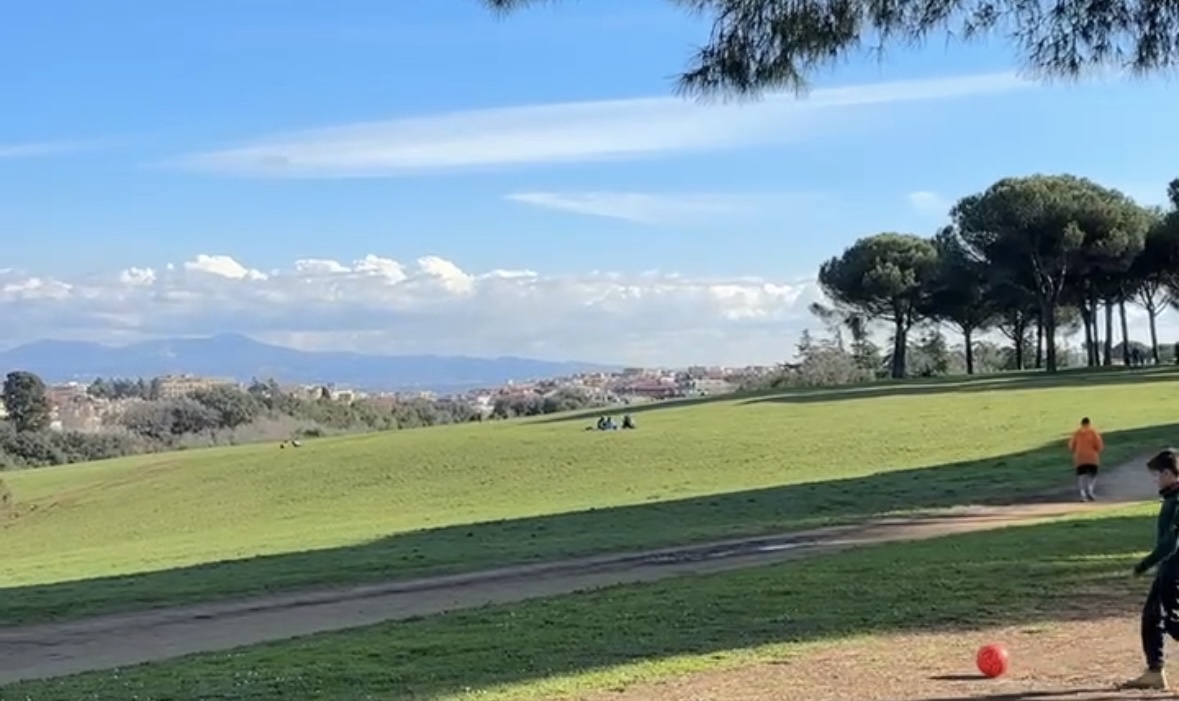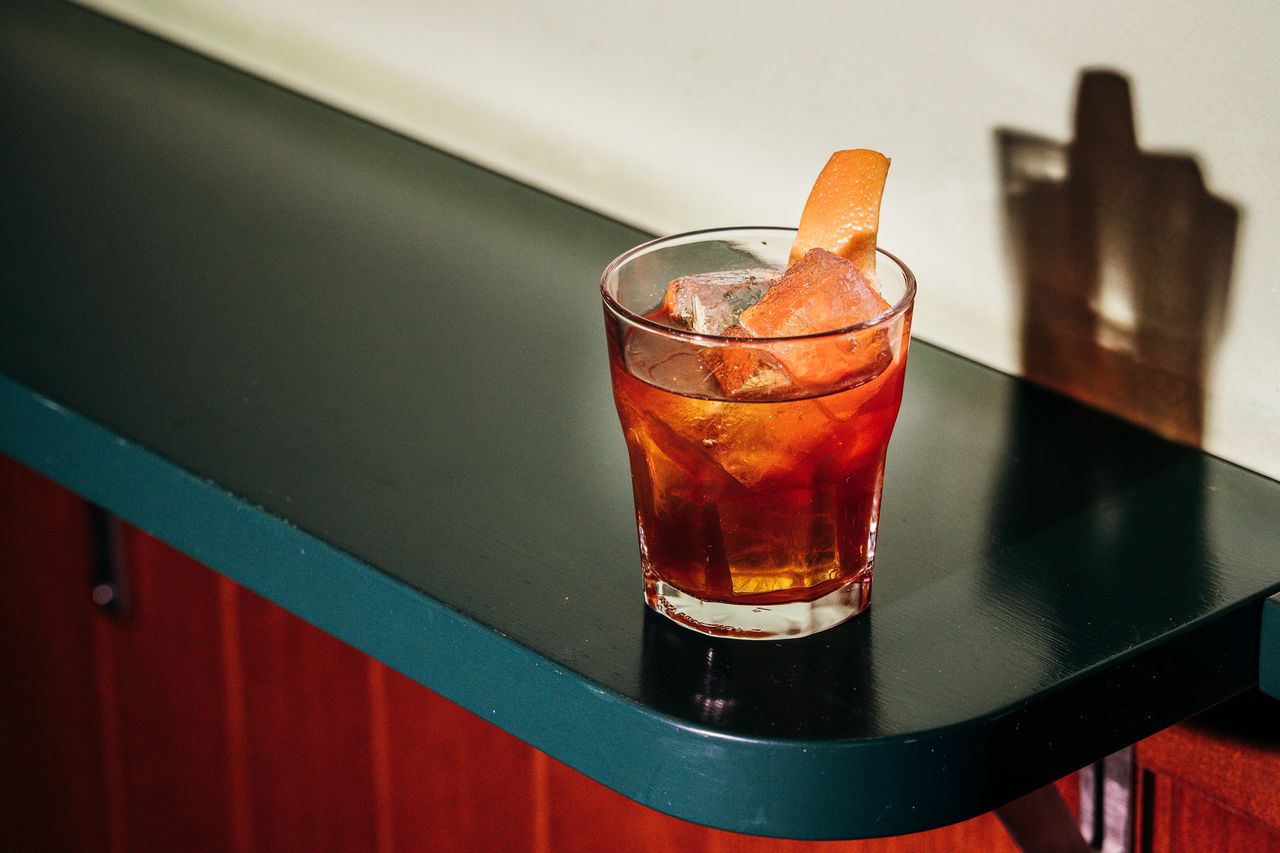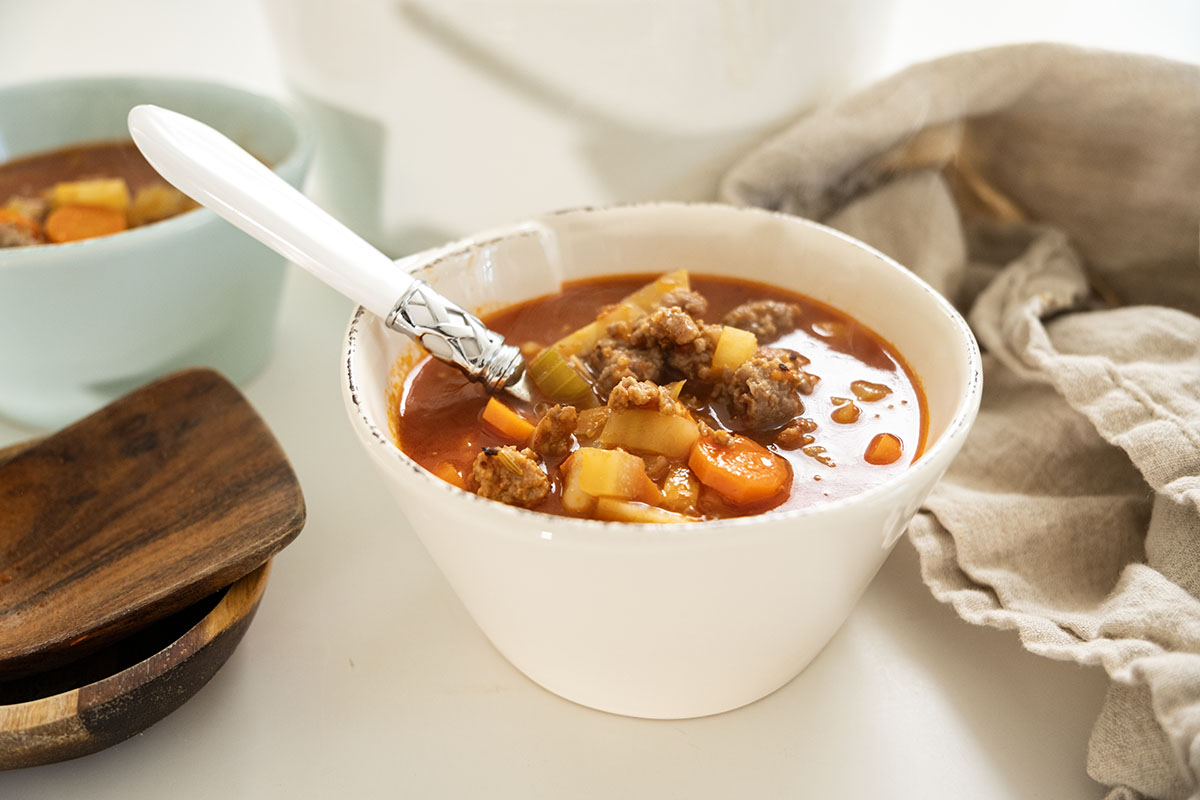In September of 2003, I embarked on a year-long excursion to Italy. A few years earlier, mere days into my first visit to Florence, I decided to change the course of my life. I had been working as a sales executive in the entertainment industry for 12 years, telling myself at some point I would pivot towards the life of a writer and educator that I'd dreamed of since discovering my passion for literature in college. The beauty of Florence in particular and Italy in general convinced me to abandon my successful career in New York for a transition period in the splendor of Tuscany.
I lived in the hills south of Florence in a renovated barn adjacent to an elegant villa. The area, just outside the city, was a pastoral dreamscape of rolling hills, olive groves and vineyards. The nearby village, within walking distance via serpentine paths of dirt, had all I needed to live in bliss. Each morning I would spend hours working on my debut novel, The Domino Effect, before going down to the village to visit with my new friends in the cafe and the small shops for food and wine.
Afternoons often involved excursions into Florence; weekends explored greater Tuscany and the other regions of Italy. Every few months, I'd hop on a plane and end up in such places as Madrid, Amsterdam, Copenhagen, Stockholm, Dublin, Brussels, or Bruges. A Mediterranean cruise over the holidays docked in Naples, Sicily, Greece, Malta, Tunisia, and Corsica.
With due respect to the absolute privilege of exposure to such magnificent places, the most satisfying aspect of this year abroad was the food I ate every day. This was especially true when I was close to home, just living a day to day existence. Every meal provided me with pleasure and — more importantly — a sense of well-being. The food was healthy and affordable. My house wine was a local Chianti from the nearby consortium that cost about two bucks a bottle. I felt secure in knowing that something magnificent, a joyous experience of body and soul, awaited in short time and at little expense. A subsequent novel, Cucina Tipica: An Italian Adventure, which takes place in the very environs of my year abroad, explains the protagonist's fascination with Italy in that "eating well and drinking well in Italy is not a privilege but a right."
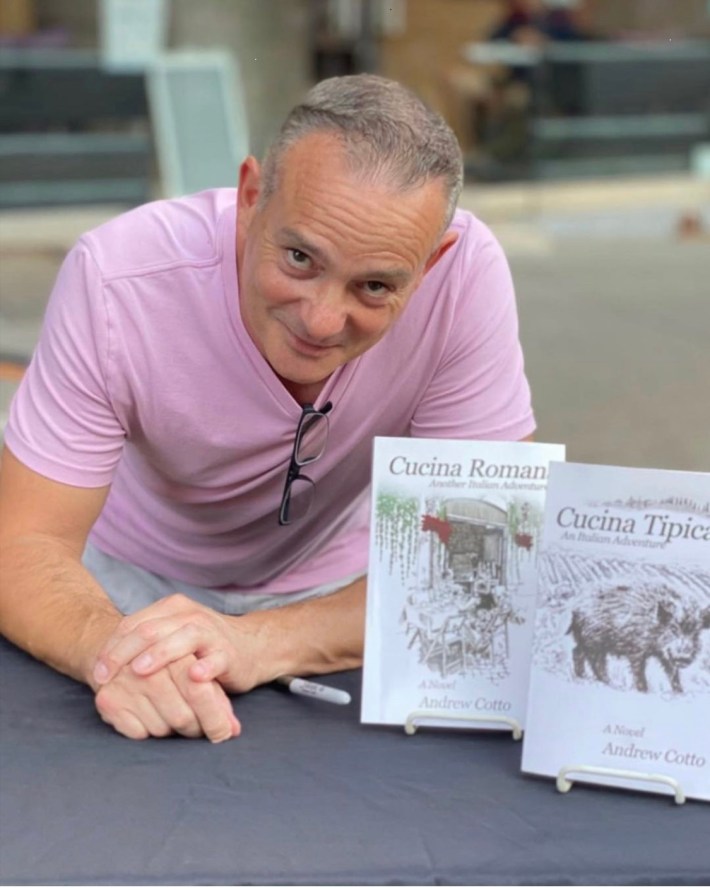
Yes, some of the meals while abroad were of the spectacular variety — most notably an autumn lunch in Piemonte of Tajarin pasta with a pillow of fresh white truffles shaved on top, washed down with Barolo — but it was the prosaic experiences that most informed my year abroad and my life ever since.
I've lost a lot over the past 20 years, but I endure with gratitude for what I've gained, including a profound belief that among life's greatest pleasures is the everyday enjoyment of Italian food and drink. And this reality is what I aim to share in my writing in general and especially here at Appetito magazine.
